Virus Delay, Overseas Fan Ban: Tokyo's Turbulent Olympic Timeline
From a historic coronavirus postponement, to a decision to bar overseas specators, the path to Tokyo 2020 has been littered with hurdles.
As the pandemic rages, with just over four months until the Games begin, organisers are trying everything to keep the event on track despite the pandemic.
Here is how Tokyo's Olympic journey has gone so far:
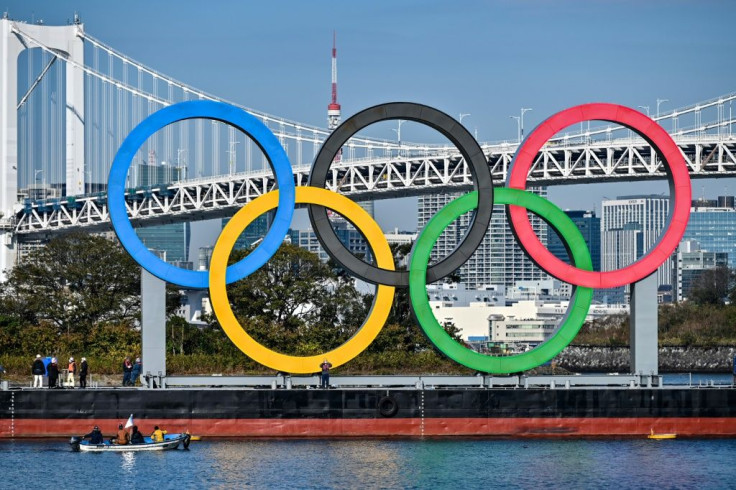
News presenters shed tears and crowds erupt in delight in September as the International Olympic Committee names Tokyo host of the 2020 Games.
Thoughts turn to the victims of Japan's devastating 2011 earthquake and tsunami, with the Olympics seen by some as a chance to rebuild.
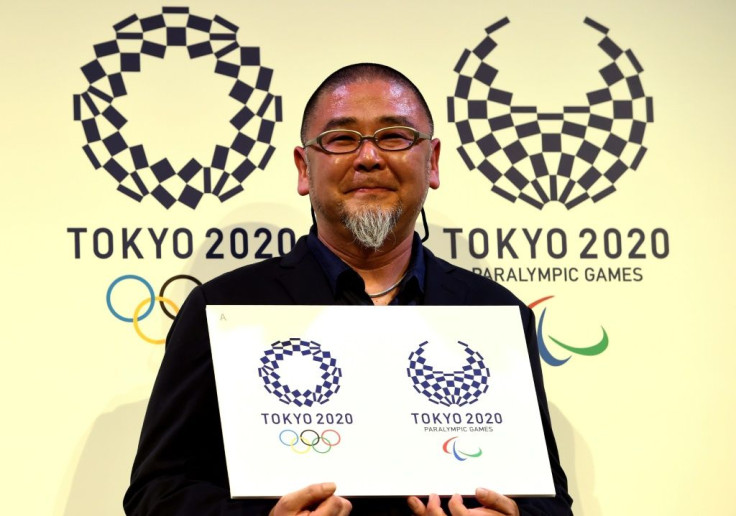
Proposals for a new national stadium go back to the drawing board in July 2015 following public anger over the $2 billion price tag.
The following year, a new "snake-eye" logo is unveiled following a plagiarism scandal and immediately derided as "dull".
The original logo by designer Kenjiro Sano had to be ditched eight months earlier following allegations it too closely resembled that of a theatre in the Belgian city of Liege. Sano denied plagiarism.
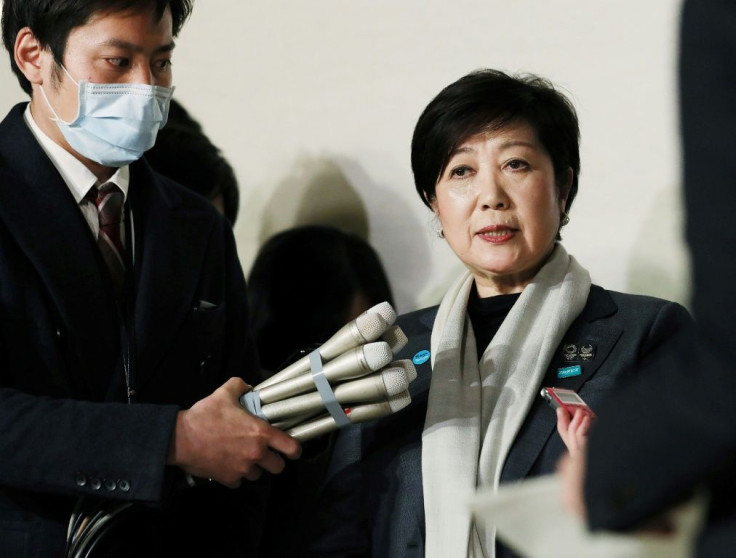
French magistrates charge the head of Japan's Olympic committee, Tsunekazu Takeda, as they probe payments totalling $2.3 million made before and after Tokyo's nomination.
Takeda protests his innocence but later steps down from the role.
In October, the IOC shifts the Olympic marathon to northern Sapporo to avoid the capital's sweltering summer heat -- a surprise move that infuriates Tokyo officials.
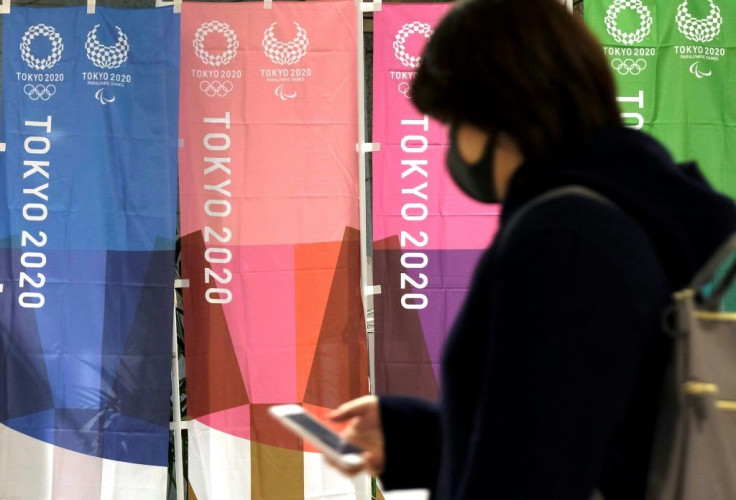
With Covid-19 spreading rapidly worldwide, Japan and the IOC postpone the Olympics in a historic decision.
A new date is announced for the opening ceremony -- July 23, 2021 -- but the event will still be called Tokyo 2020.
Organisers say in April there is "absolutely no" chance of postponing the Games a second time.
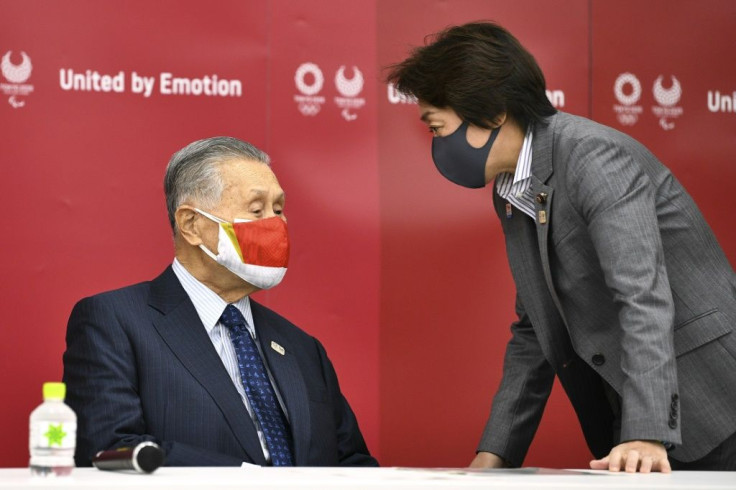
IOC vice-president John Coates tells AFP the Olympics will go ahead, regardless of the pandemic, as the "Games that conquered Covid".
Preparations continue as top athletes put the new 60,000-seat stadium through its paces behind closed doors.
Anti-virus measures and other delay-related costs add 294 billion yen ($2.8 billion) to the price tag, which has ballooned to at least 1.64 trillion yen ($15.8 billion) -- making Tokyo 2020 potentially the most expensive Summer Olympics in history.
Organisers outline plans for holding the event safely, with athletes facing regular testing and restrictions on mingling, and spectators spared quarantine but banned from cheering.
The IOC says it will try to ensure as many participants and spectators as possible are vaccinated, but jabs will not be obligatory.
Japan declares a virus state of emergency in the Tokyo region just over six months before the Olympics are due to open, with other parts of Japan later added and the measures extended for a second month.
Polls show around 80 percent of people in Japan say the event should be cancelled or postponed again.
But organisers and the IOC insist the Games will be held, and Prime Minister Yoshihide Suga says they will be "proof of mankind's victory over the virus".
Yoshiro Mori, chief of the Tokyo 2020 organising committee, resigns after his claims that women talk too much in meetings spark a firestorm of criticism.
He is replaced by Olympic Minister Seiko Hashimoto, 56, a seven-time Olympian who is one of just two women in Japan's cabinet.
Weeks into her tenure, she accepts the resignation of Hiroshi Sasaki, creative director for the Games' opening and closing ceremonies after a report reveals he suggested a plus-size comedian appear as a pig.
Organisers announce overseas fans will be barred from the Games to help limit the virus risk, marking the first time ever the event has been held without foreign spectators.
A decision on how many domestic spectators will be allowed to attend is put off for later.
© Copyright AFP {{Year}}. All rights reserved.





















